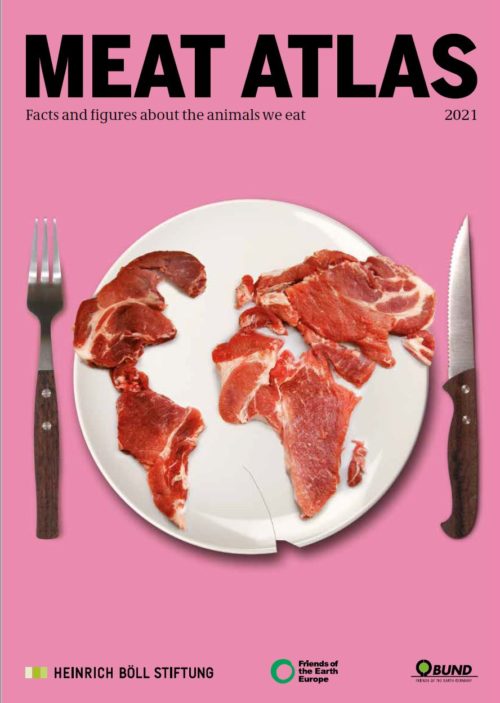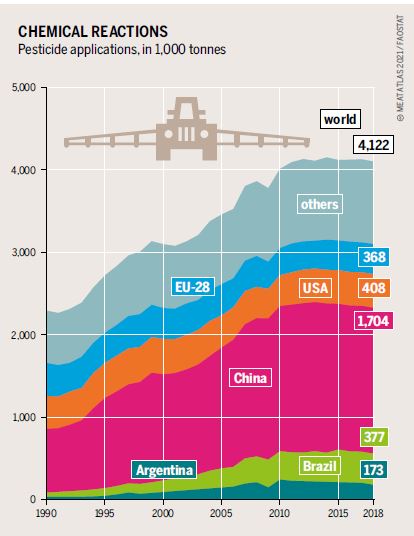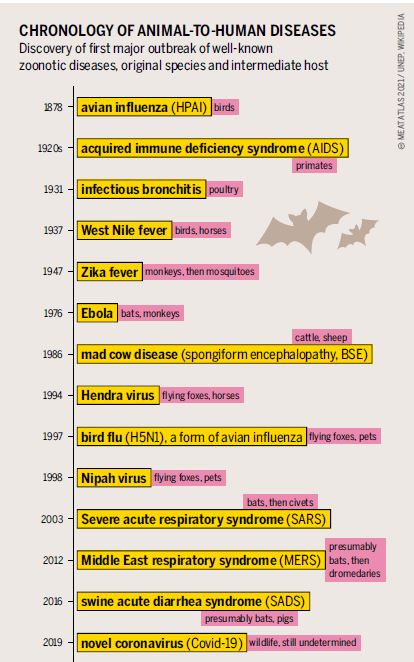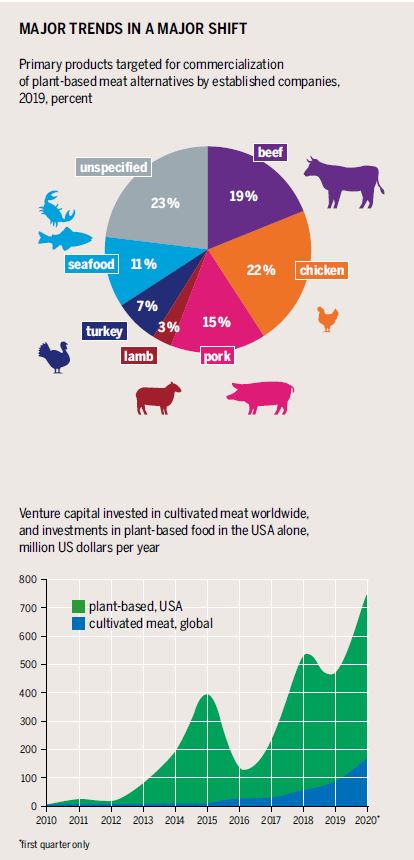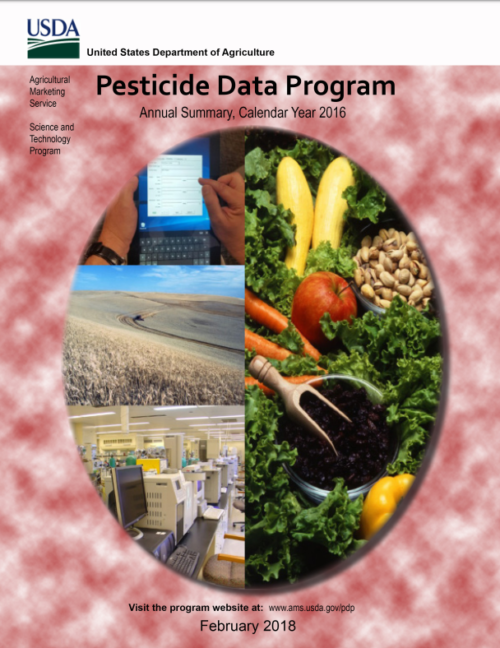The endless hazards of commercial baby foods: lead and pesticides
LEAD
I’ve posted previously about the recent finding of high levels of lead—and now chromium—in applesauce pouches.
I’ve also posted about the inadequacy of inspections of such products.
The lead problems are continuing.
The FDA says it has received 89 complaints as of January 16, with the average age of the affected children less than one year (you have to scroll way down to see the latest updates).
The CDC says it has received reports from state and local health departments:
Total Cases: 385
Confirmed Cases: 97
Probable Cases: 253
Suspect Cases: 35
Both agencies say: Do not feed recalled products to your children!
- WanaBana apple cinnamon fruit puree pouches – including three packs
- Schnucks-brand cinnamon-flavored applesauce pouches and variety pack
- Weis-brand cinnamon applesauce pouches
What caused this? The best guess is (deliberate?) adulteration of the cinnamon. Not nice to think about.
PESTICIDES
I read in The Guardian: Nearly 40% of conventional baby food contains toxic pesticides, US study finds.
The research, conducted by the Environmental Working Group (EWG) non-profit, looked at 73 products and found at least one pesticide in 22 of them. Many products showed more than one pesticide, and the substances present a dangerous health threat to babies, researchers said.
The EWG research: New EWG study (2023): Pesticides still found in baby food but most-toxic threats eliminated through advocacy, regulation.
- New EWG research finds fewer pesticides in baby food than in the groundbreaking 1995 study, Pesticides in Baby Food.
- Though EWG detected some pesticides, the most toxic have been removed.
- EWG’s advocacy helped drive market change – but the fight for safer food continues.
- Federal oversight of pesticides in children’s food is inadequate, as explored in depth in a 1993 landmark National Academies of Science study.
- No pesticides were detected in any of the 15 organic products.
Well, this message is clear: if you must buy commercial baby food, buy organic.
Overall, you are better off feeding babies the healthy foods you eat, pureed or cut up so they don’t cause choking, and as unsalted and unsugared as possible.


